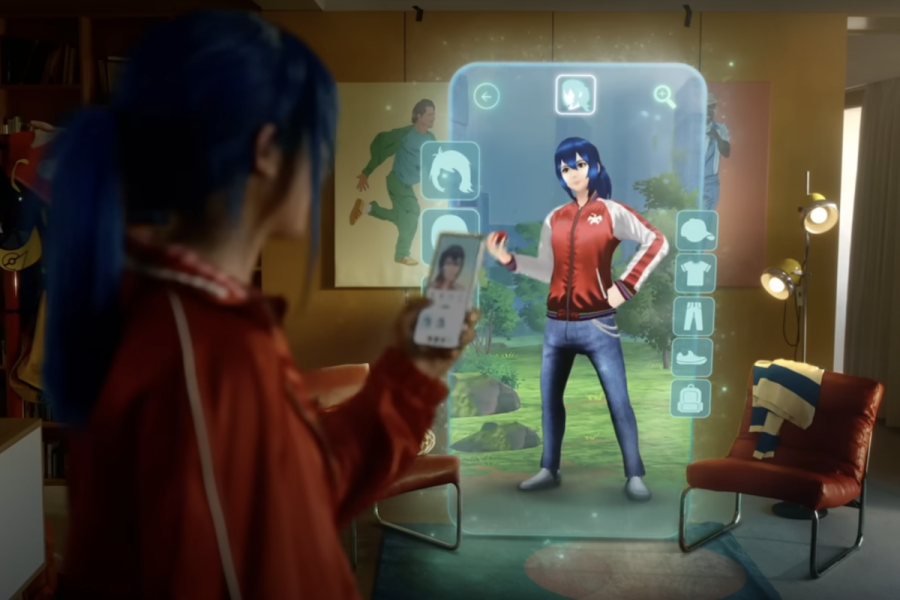Microsoft said Wednesday that it signed a patent cross-license agreement with Amdocs Software Systems, extending Microsoft’s aggressive IP licensing strategy to Linux servers.
Although Microsoft said the terms of the deal with Amdocs were confidential, the software giant confirmed two key points:
One, the patent agreement covers Amdocs’ use of Linux-based servers in its data centers.
Two, that Amdocs will pay Microsoft an “undisclosed amount of money under the agreement.”
Microsoft Likes Patent License Agreements
To date, Microsoft has aggressively enforced its patents against companies using Google’s Android software – which is based on Linux. In January, Microsoft said that more than 70% of all Android smartphones sold in the U.S. are covered by a patent licensing agreement, including devices from such tech giants as Acer, Compal, Huawei, HTC, LG, Samsung and Viewsonic, as well as smaller vendors such as Aluratek and Colby.
Motorola, the other giant Android backer, escaped its own patent issues by being acquired by Google itself. In May, Citi analyst Walter Pritchard estimated that Microsoft makes more than $150 million from Android licenses, more than from its own Windows Phone program itself.
Since Microsoft launched its IP licensing program in December 2003, the company has entered into more than 1,100 licensing agreements, the company said.
“This agreement with Amdocs adds to the more than 1,100 patent license agreements Microsoft has entered into over the last decade,” said Horacio Gutierrez, corporate vice president and deputy general counsel, Intellectual Property Group at Microsoft, in a statement. “Microsoft’s licensing program ensures respect for its world-class intellectual property portfolio while at the same time making available to others the result of its multi-billion dollar annual investment in research and development.”
Amdocs is a provider of operational support systems to service providers, providing both operations support like provisioning as well as billing services.
Do Patent Wars = Collaboration?
Interestingly, Gutierrez has defended Microsoft’s aggressive IP licensing as “collaboration” with other companies. In a 2008 contributed article to the Intellectual Asset Management magazine, Gutierrez noted that in June 2003, Microsoft hired Marshall Phelps to serve as its corporate vice president of intellectual property and licensing. Gutierrez said that Phelps’ resume, which included building IBM’s patent licensing program into a “$2 billion a year profit machine,” had been misinterpreted by pundits as an attempt to “generate a massive IBM-style IP royalty stream”.
“In fact, Microsoft wanted Phelps to oversee the expansion of the firm’s patent portfolio so that it could be used as currency for building relationships with other firms,” Gutierrez wrote. “Big firms, small firms, open source firms – we intended to work with anyone and everyone to produce the technology innovations that will help us remain at the forefront of new markets and business opportunities.
“As Marshall would often say: ‘We don’t need to be driven by a blind strategy to maximise royalties. What we need is greater collaboration with other forces in the industry,’” Gutierrez added.
“This decision to focus on relationship building required that we treat intellectual property in a fundamentally new way,” Gutierrez added. “We could no longer view IP as primarily the right to prevent others from using our technology or competing in our market. In the age of open innovation, intellectual property’s greatest value would lie in serving as the currency for collaborative relationships with other firms that could help us acquire the technologies and competencies we needed to remain successful.”
Amdocs had no comment on the deal, according to a spokesperson.










